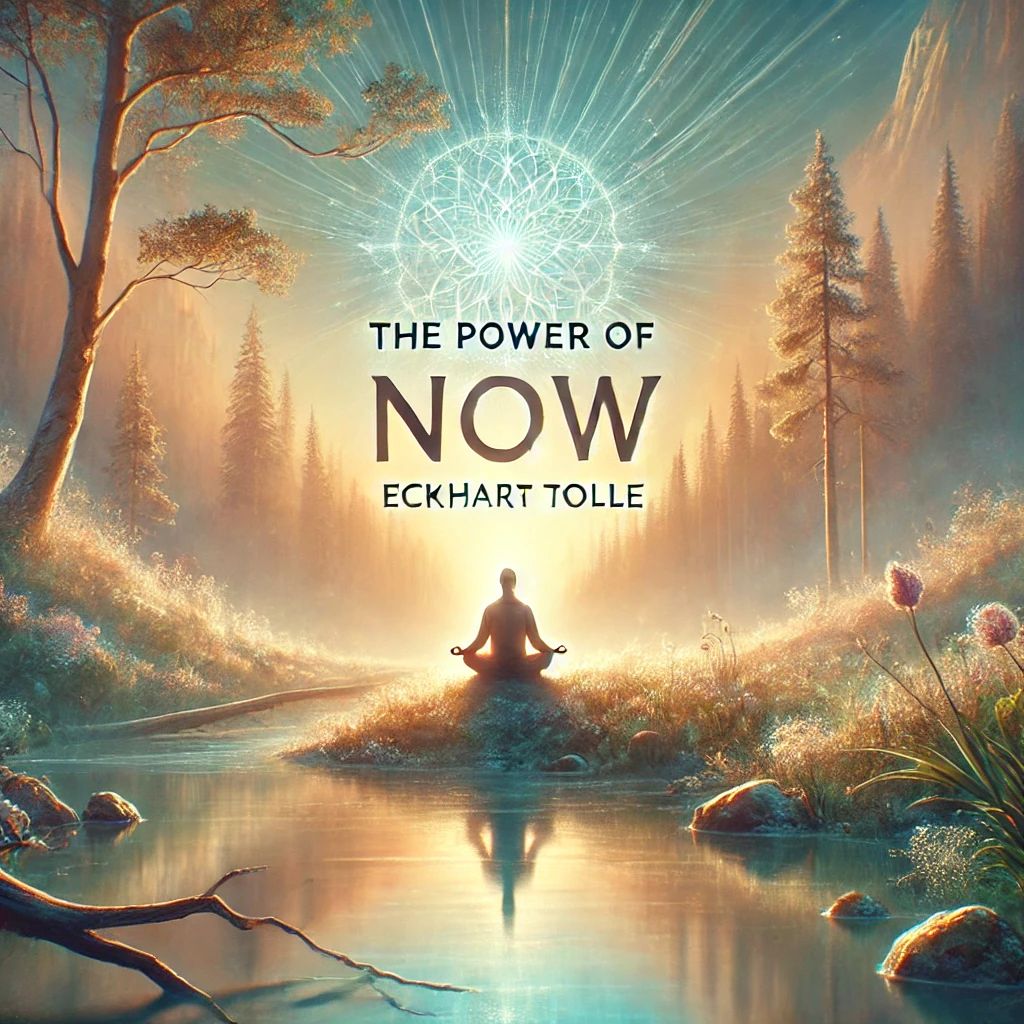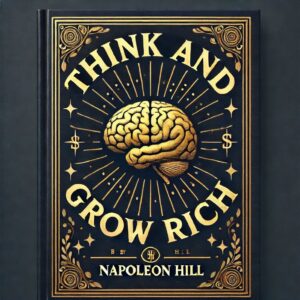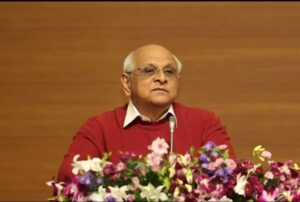The Power of Now: A Journey into Present-Moment Awareness

In today’s fast-paced world, filled with constant distractions, expectations, and stress, finding peace and clarity can feel like an impossible challenge. However, in his groundbreaking book “The Power of Now: A Guide to Spiritual Enlightenment,” Eckhart Tolle offers a transformative approach to understanding and experiencing life. Published in 1997, the book has become a global phenomenon, inspiring millions of readers to embrace the power of the present moment as the key to inner peace, happiness, and spiritual awakening.
The Core Message: Living in the Present Moment
At the heart of “The Power of Now” lies a simple yet profound truth: the present moment is all we have. Tolle argues that the past is a collection of memories, and the future is an imagined projection that may never come. Both of these dimensions are constructs of the mind, which often create unnecessary suffering and prevent us from experiencing life fully. According to Tolle, true peace, happiness, and enlightenment can only be found by letting go of these mental constructs and fully immersing ourselves in the present.
The book emphasizes that most of us live in a state of constant mental chatter—replaying past events or worrying about future possibilities. This mental activity, according to Tolle, prevents us from experiencing life in its purest form. The ego, which is formed by our thoughts and past experiences, continuously distracts us from the present by fostering identification with these thoughts. This results in a sense of separation, anxiety, and dissatisfaction.
To break free from this cycle, Tolle encourages readers to practice awareness of the present moment, a state in which we let go of mental patterns and judgments and simply observe our thoughts and feelings without attachment. By cultivating this awareness, we can connect to our true essence and experience a deep sense of peace and presence.
The Role of the Ego
One of the key concepts in “The Power of Now” is the idea of the ego, which Tolle defines as the false sense of self created by identification with thoughts, emotions, and external circumstances. The ego thrives on separation and comparison, leading to feelings of superiority or inferiority, fear, and frustration. Tolle suggests that the ego keeps us trapped in a cycle of striving for external validation and material success, believing that these will bring us happiness.
However, the ego is never satisfied because it is constantly seeking more—more achievements, more possessions, more validation. This endless chase creates a sense of lack and dissatisfaction. In order to transcend the ego, Tolle urges readers to detach from their thoughts and the identification with their roles, achievements, and identities. By observing the ego without judgment, we can disidentify from it and experience a deeper sense of self beyond the mental constructs. This process of ego dissolution is essential for spiritual awakening and peace.
The Now: A Portal to Presence and Awareness
Tolle defines the Now as the timeless present moment—an eternal state where all life unfolds. The Now is not bound by past or future but exists independently of time. According to Tolle, the mind is constantly either dwelling in the past or anticipating the future, which creates mental tension and spiritual disconnection. To truly experience life, we must surrender our attachment to the past and future and enter the Now.
In practical terms, Tolle encourages readers to become deeply aware of their thoughts, feelings, and sensations in each moment. This awareness is not the same as thinking or analyzing; it is simply observing without judgment or attachment. By observing the present moment in this way, we can transcend the mind’s chatter and enter a state of stillness and peace. The Now, Tolle asserts, is the gateway to spiritual enlightenment, as it allows us to connect to our deeper essence—our true self beyond the ego.
Tolle also introduces the concept of “the pain-body,” which is the accumulated emotional pain from the past that lives within us and often influences our thoughts and behaviors. The pain-body feeds on negative emotions, such as anger, fear, and resentment, and keeps us trapped in a cycle of suffering. By becoming aware of the pain-body and observing it without identifying with it, we can begin to dissolve this emotional pain and experience true freedom.
Practical Exercises for Living in the Now
Tolle’s teachings are not purely theoretical; he offers practical advice and exercises to help readers embody the principles of present-moment awareness. Here are some key practices from the book:
- Observing Your Thoughts: One of the first steps in living in the Now is to observe your thoughts without becoming attached to them. Instead of identifying with your thoughts, observe them as if you were a detached witness. This helps you disidentify from the ego and gain a sense of inner peace.
- Body Awareness: Tolle encourages readers to cultivate awareness of their bodies as a way to anchor themselves in the present moment. Paying attention to the sensations in the body helps quiet the mind and brings attention to the Now. Practicing mindfulness of breath and physical sensations can help you stay grounded in the present.
- Being in Nature: Nature is a powerful tool for cultivating present-moment awareness. Tolle suggests spending time in nature to reconnect with the timelessness of the Now. The beauty and simplicity of nature can help quiet the mind and allow us to experience life more fully.
- Acceptance: Acceptance is a central theme in “The Power of Now.” Instead of resisting or wishing for things to be different, Tolle encourages readers to accept the present moment exactly as it is. Resistance to the Now only creates more suffering. Acceptance does not mean passive resignation, but rather a deep surrender to the flow of life.
The Transformative Power of Now
The teachings in “The Power of Now” are transformative, as they guide readers to experience a shift in consciousness. By fully embracing the present moment and letting go of the ego, we can transcend the limitations of the mind and reconnect with our true nature. This shift leads to a profound sense of peace, joy, and spiritual awakening.
The book encourages readers to live life with greater awareness and presence, fostering a deeper connection with themselves, others, and the world around them. It shows that true happiness does not come from external circumstances, but from cultivating inner peace and being present in the Now.
Conclusion
Eckhart Tolle’s “The Power of Now” offers a life-changing message: the present moment is all we ever have, and by fully embracing it, we can experience a profound shift in consciousness. Through mindfulness, awareness, and acceptance, we can free ourselves from the mental patterns and ego that keep us trapped in suffering. The book is a guide to spiritual awakening, showing us that peace and happiness are not external goals to be achieved, but inner states to be discovered through presence and awareness.
In a world filled with distractions and mental noise, “The Power of Now” offers a beacon of clarity, inviting us to step into the present moment and experience the peace and freedom that lie within.








